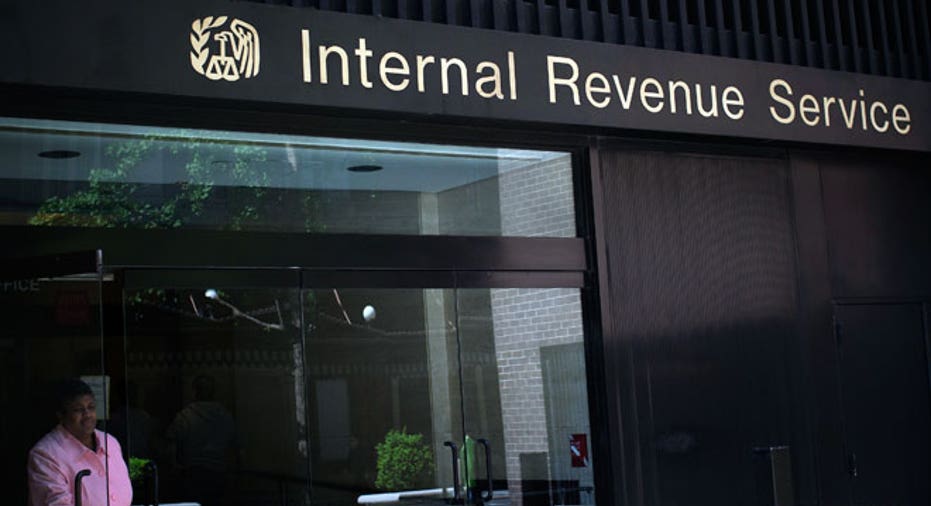IRS Fair Collection Practices and Your Small Business

With all the required paperwork and changing regulations, it can be easy for businesses to find themselves in tax trouble.
Delinquent corporate income tax bills or payroll tax withholdings, and matching payroll taxes that were not deposited seem to be the main problems that land businesses in hot water with the IRS.
When any of these situations happen, the agency begins collection efforts, which could include assigning the case to a revenue officer for collection. Having a dedicated agent reviewing your business can seem overwhelming, but rest assured: The employee must subscribe to the Fair Debt Collection Practices Act (FDCP) that includes provisions that prohibit various collection abuses and harassment.
This law was originally enacted for the private sector, but the passage of the Internal Revenue Service Restructuring and Reform Act of 1998 made it the collection code for the IRS.
The FDCP prohibits the following debt-collection actions:
- Contacting a taxpayer before 8:00 a.m. or after 9:00 p.m., or at an unusual location or time, or location known or which should be known to be inconvenient to the taxpayer.
- Contacting a taxpayer directly without the consent of the taxpayer’s power of attorney.
- Contacting a taxpayer at their place of employment when it is known or should be known that the taxpayer’s employer prohibits the taxpayer from receiving such communication.
- Conduct which is intended to harass or abuse a taxpayer, or conduct which uses or threatens to use violence or harm.
- The use of obscene or profane language toward a taxpayer.
- Causing a taxpayer’s telephone to ring continuously with harassing intent.
- Contacting a taxpayer by telephone without providing a meaningful disclosure of the IRS employee’s identity.
In more than three decades of representing taxpayers before the Internal Revenue Service, I have seen only one violation: a revenue officer directly contacted one of my clients without my consent, which is a violation of doctrine number two above.
The Treasury Inspector General for Tax Administration (TIGTA) recently audited the Collections Division of the IRS and reviewed their procedures with FDCP in mind.
According to a statement issued on May 27, “The IRS closed two cases on the ALERTS during the period October 1, 2012, through September 30, 2013, that involved FDCP violations resulting in administrative actions. Both employees were revenue officers performing collection work, and each case involved the revenue officers contacting taxpayers directly, instead of contacting the taxpayer’s power of attorney, as required.”
Both employees received disciplinary action, oral counseling and a letter of admonishment.
Your right as a taxpayer includes civil actions against the IRS for FDCP violations. According to the statement issued by TIGTA, “Internal Revenue Code § 7433 provides that a taxpayer may bring a civil action for damages against the Federal Government if an officer or employee of the IRS recklessly or intentionally, or by reason of negligence, disregards any provision of the Internal Revenue Code, or related regulation, in connection with the collection of Federal tax. According to the Office of Chief Counsel, there were no cases closed on the Counsel Automated System Environment in Fiscal Year 2013 for which the IRS paid damages to taxpayers resulting from a civil action filed due to an FTCP violation.”
This report shows the IRS has a pretty good track record when it comes to their debt-collection tactics. I have found that my dealings with them have, for the most part, been respectful and helpful. So if you are facing tax problems, don’t be afraid to contact the IRS to help you resolve your issues or contact a tax pro experienced in representation issues to step forward on your behalf.



















